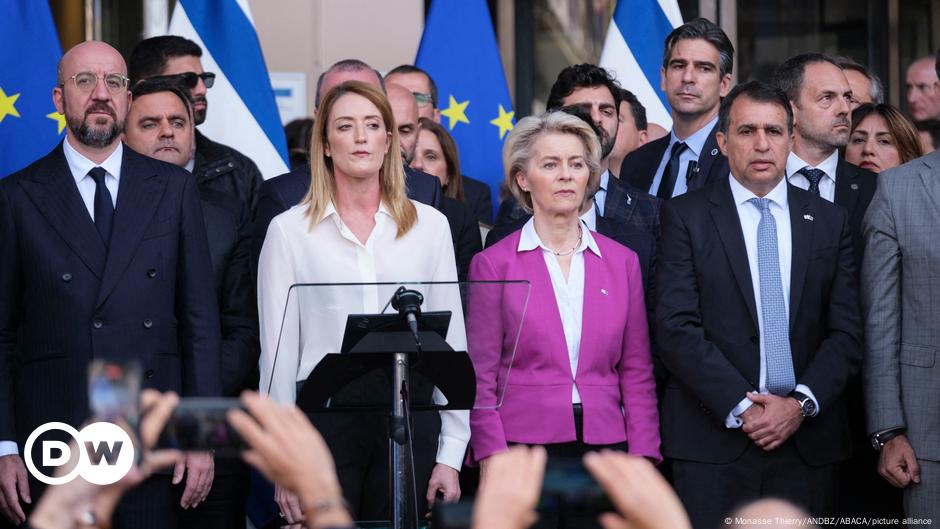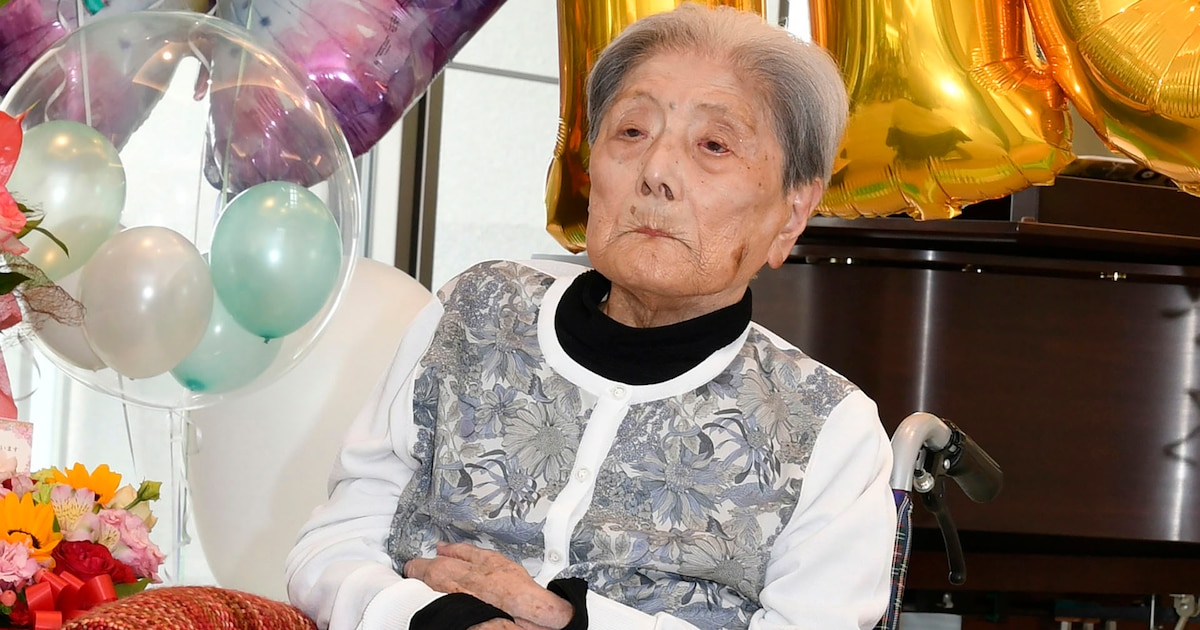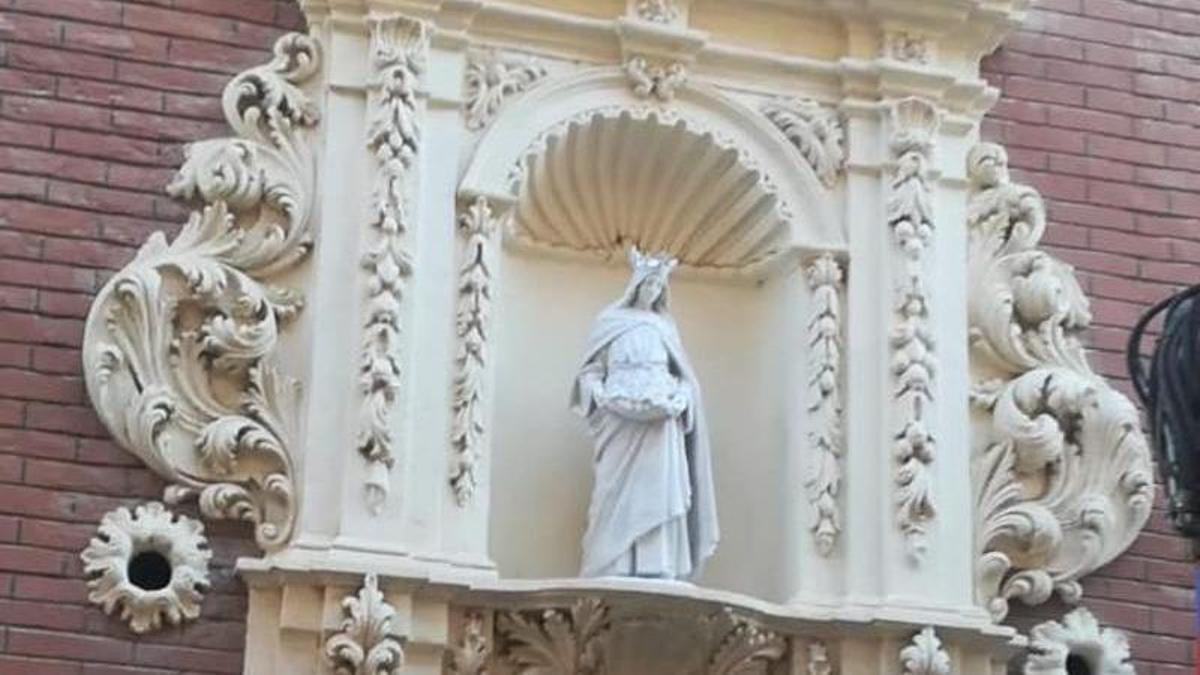Europe’s complex relationship with Israel – DW – 10/01/2024
The first reactions of the European Union and its member countries were clear: they condemned in the most categorical manner the terrorist attack perpetrated by Hamas against Israel on October 7, 2023. The EU expressed its solidarity with Israel and recognized its right to “defend itself against such violent and random attacks, in line with international law.”
The underlying tenor has been maintained until now. The European Union continues to support Israel’s right to defend itself against terrorism, says Peter Stano, spokesman for EU foreign policy representative Josep Borrell. He told DW that Israeli partners are also asked to take into account the humanitarian consequences of the Gaza war.
Since the Hamas terrorist attack against Israel, in which some 1,200 people were killed and more than 250 taken hostage, the Israeli army’s ground offensive in the Gaza Strip has claimed more than 40,000 lives, according to Palestinian sources.
First impulse: great solidarity and European unity
Hugh Lovatt, a Near East expert at the European Council on Foreign Relations (ECFR), observed in the aftermath of the terrorist attack a “probably unprecedented moment of European unity” in terms of attitude toward Israel.
But, shortly after, the first cracks began to show. Differences manifested themselves, for example, in the debate over whether EU countries could demand a sustained ceasefire, or only several short truces. Countries such as Germany and the Czech Republic argued that calling for a ceasefire disregarded Israel’s right to self-defense. At first, they beat countries like Ireland and Spain. At a meeting in October 2023, European leaders demanded “humanitarian corridors and breaks for humanitarian purposes.”
In March 2024, there was talk of an “immediate humanitarian pause, as a premise for a permanent ceasefire.” At the same time, heads of state and government regularly demanded the release of hostages and expressed concern about the humanitarian situation in Gaza Strip. In June, the European Council spoke of an “unacceptable number of civilian casualties” and, among other things, called on both sides in the conflict to do everything possible to protect the civilian population.
In response to a query from DW, the Israeli representation to the EU and NATO communicated in writing that the country values the “friendship and solidarity” that the EU expressed after October 7, and especially the visit carried out after the attack by the President of the EU Commission, Ursula von der Leyen, and the President of the European Parliament, Roberta Metsola.
The October 13 visit brought Von der Leyen internal criticism in the EU, for positioning herself too unilaterally in favor of Israel.
Israel’s war against Hamas also shakes European society. In some countries there have been both demonstrations of solidarity with Israel and pro-Palestinian protests, for example, in German and French universities.
The war between Israel and Hamas
Meanwhile, one year after October 7, relations between the EU and Israel are under unprecedented pressure, according to Lovatt. He attributes this, above all, to the Israeli behavior in the Gaza Strip.
Israel refers to its right to self-defense. It states that the attacks are directed against members of Hamas, classified as a terrorist organization by the EU and the United States, among others, and that it is trying not to affect civilians as much as possible. Beyond the above, Israel notes that terrorists use civilians as a protective shield.
Even spokesman Peter Stano observes a slight change in atmosphere in relations. He attributes this, among other things, to “the enormous humanitarian catastrophe in Gaza and the disproportionately high number of deaths among civilians.”
In early September, German Foreign Minister Annalena Baerbock traveled to the region for the 11th time since the October 7 attacks and spoke clearly. He said that a purely military approach in the Gaza Strip will not resolve the conflict. In addition, he demanded a pause in the fighting and criticized Israel’s settlement policy in the West Bank.
It is doubtful to what extent the words of the European partners will find echo in Israel. In April, Israeli Prime Minister Benjamin Netanyahu met with then-British Foreign Minister David Cameron and his German counterpart. After the meeting, he stressed that, although he appreciated the “suggestions and advice,” he would make his own decisions and do whatever was necessary for Israel’s self-defense.
Can the EU exert influence on the Israeli government?
“In my opinion, the problem of the EU is not its lack of means of pressure, but the lack of internal consensus,” said Lovatt. According to him, the Europeans could apply sanctions or use economic relations, including the association treaty between the EU and Israel.
The EU is Israel’s largest trading partner, according to its own data. In 2000, the Association Agreement created an “institutional framework for political dialogue and economic cooperation” between both parties. The agreement contemplates, among other things, a human rights clause and a free trade area; the latter, however, , does not apply to goods originating from Israeli settlements in occupied Palestinian territory.
In view of the situation in the Gaza Strip, some Member States called for the agreement to be reviewed. That failed due to lack of unanimity, according to Stano. Instead, EU Foreign Affairs Commissioner Borrell announced a meeting of the EU-Israel Association Council in May. According to the treaty, it should meet at least once a year. In 2022, one of those meetings was held again, after a pause of a decade. According to Stano, preparations are underway for an upcoming meeting.
The Israeli representation in Brussels underlines that Israel is the EU’s most important partner in the Near East and that relations are based on shared values and a common history. In view of joint challenges, such as the fight against terrorism, an annual meeting is something natural and of common interest.
In April this year, the EU imposed sanctions against Israeli settlers in the occupied West Bank for the first time. Further sanctions followed in July over violations of Palestinian human rights in the West Bank. To impose such sanctions, EU Member States must approve them unanimously.
The two-state solution
According to Peter Stano, all EU countries agree on one point: they call for a two-state solution, that is, an independent state for the Palestinians alongside Israel. The events that have occurred since October 7, 2023 have not changed that position. For the European Union, this is the “only viable solution”, and it is working on this together with international partners, for example within the framework of the United Nations.
The current Israeli government of Benjamin Netanyahu has already clearly rejected the two-state solution on several occasions. Recently, the majority of the Israeli Parliament once again spoke out against it.
If the EU wants to advance its vision of a two-state solution, it must take concrete steps, says Hugh Lovatt. These could include the recognition of Palestine as a state or the imposition of decisive sanctions against West Bank settlers. In May, Ireland and Spain recognized the Palestinian territories as a state. Slovenia did the same in June. This means that just under a dozen of the 27 EU states recognize a Palestinian state. Germany is not one of them.
(ers/chp)




Post Comment